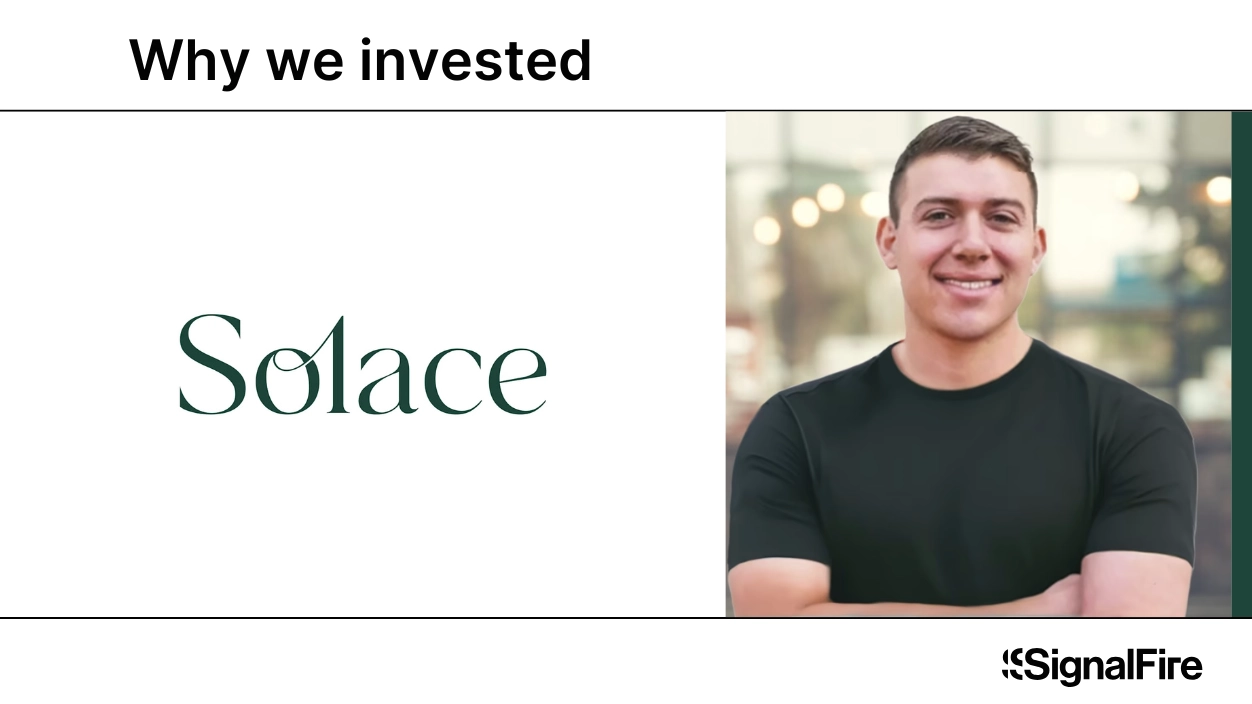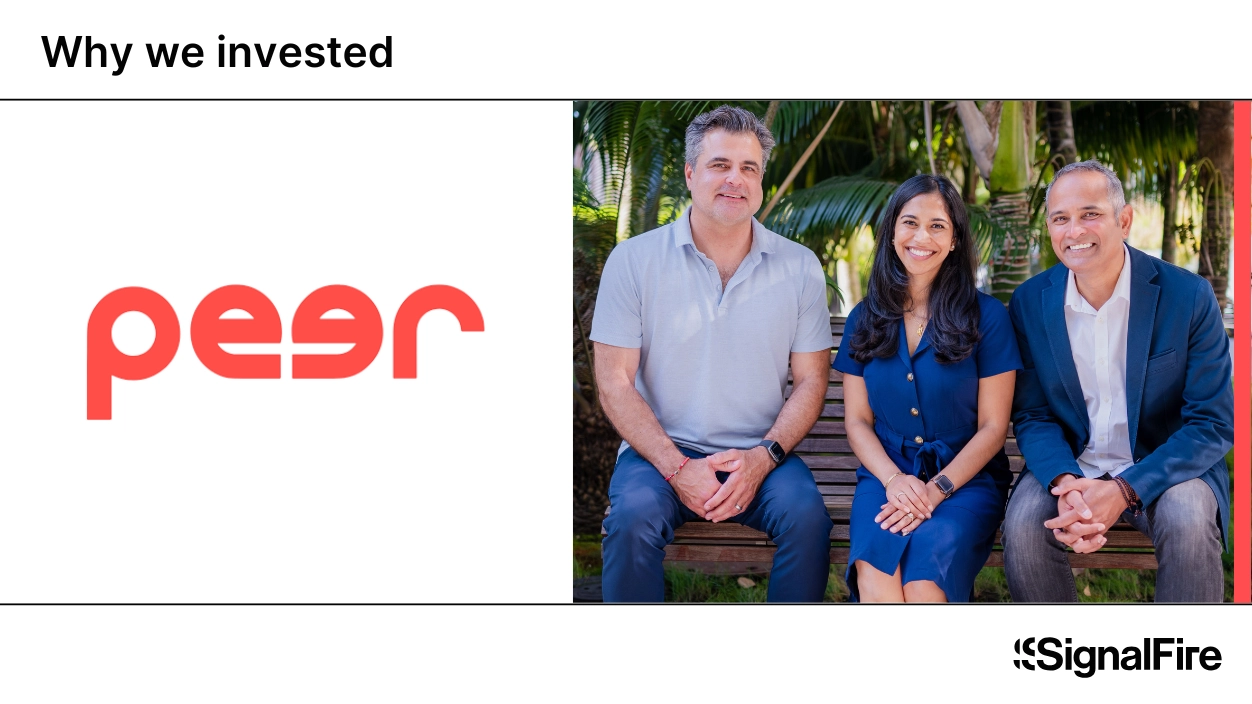
The traditional 4-year college degree is crumbling as the default gateway to the American dream. Increasingly, students are opting for alternatives such as trade and vocational programs that teach tangible skills and unlock high-paying jobs in a fraction of the time and without crippling debt. The average trade school tuition typically takes half the time and costs a quarter of the price. And the average salary of a graduate is strikingly similar, within a few thousand dollars. It's no surprise that these vocational programs have surged in popularity for both high school graduates and workers who are re-skilling, especially during periods of high unemployment and economic uncertainty.
And yet vocational schools and their administrators, instructors, and students suffer from a lack of purpose-built software. Student Information Systems and Learning Management Systems are optimized for traditional K-12 schools and university workflow, but vocational schools are stuck relying on pen and paper or trying to shoe-horn in solutions that aren't built for them.
 |
That’s why we got so excited when we met CourseKey and its CEO Luke Sophinos. CourseKey is reimagining a completely new education operating system specifically built for experiential, hands-on learning models, which continues to evolve with hybrid/distance learning. Luke and his team are perfectly positioned to help vocational schools vastly improve engagement, retention, and unlock economic mobility for a disadvantaged student population to become welders, nurses, and pilots - mission-critical jobs that form the backbone of the US economy. CourseKey is a fantastic business with a fantastic real-world impact.
Many of these jobs have life or death consequences, whether in healthcare, construction, or transportation. They need proper training. For good reason, vocational schools are highly regulated. Student loan dollars for trade schools can get cut if their administrators aren’t in compliance with various reporting requirements, such as student time and attendance. These metrics are tougher to track with on-site training program than at traditional 4-year higher ed institutions. Compliance hurdles can choke capacity and growth for many trade schools under the specter of audits from the state or federal governments, especially as remote learning adds ambiguity to the process. At the Department of Education level, schools can lose access to federal funding that is necessary for their survival. Not only does CourseKey improve trade school business KPIs, it serves as insurance against this existential risk.
In parallel, students also benefit directly from CourseKey's software, which dramatically reduces the friction of menial but critical tasks, such as tracking completion of certification pre-requisites and timesheets. CourseKey connects multiple stakeholders, bridges information silos, and creatively applies technology like passive auditory watermarks. That means teachers and registrars no longer need to chase down students for physical timesheets, and students can rest assured they have perfect visibility into how they're tracking towards graduation.
 |
We at SignalFire are thrilled to lead CourseKey’s $9M Series B financing it announced today. I’ll be joining the board, alongside Builders VC, Dennis Yang, the former CEO of Udemy, and Steve Altman, the former President of Qualcomm. Says Luke Sophinos: "Having previously worked in venture capital and spent a lot of time around various funds, I've been incredibly impressed with SignalFire's unique value-add. Within the first week of the relationship, our team was connected with leaders of industry to help solve looming challenges, improve processes, and recruit world-class talent. I look forward to partnering with Wayne and SignalFire to build CourseKey into an enormous and impactful business” As CourseKey continues inflecting their growth, they've leaned on SignalFire’s Beacon platform and the in-house recruiting experts to rapidly scale the team.
We're in the early innings of the shift away from traditional universities as the default for higher education. Students are realizing the full range of options that may be a better fit for them in unlocking better-paying, more fulfilling careers without getting trapped in debt. We couldn't be more excited to be part of this journey as CourseKey powers this growing pathway to the American Dream.
*Portfolio company founders listed above have not received any compensation for this feedback and may or may not have invested in a SignalFire fund. These founders may or may not serve as Affiliate Advisors, Retained Advisors, or consultants to provide their expertise on a formal or ad hoc basis. They are not employed by SignalFire and do not provide investment advisory services to clients on behalf of SignalFire. Please refer to our disclosures page for additional disclosures.
Related posts

Why we invested in Solace: Making healthcare advocacy a standard of care


